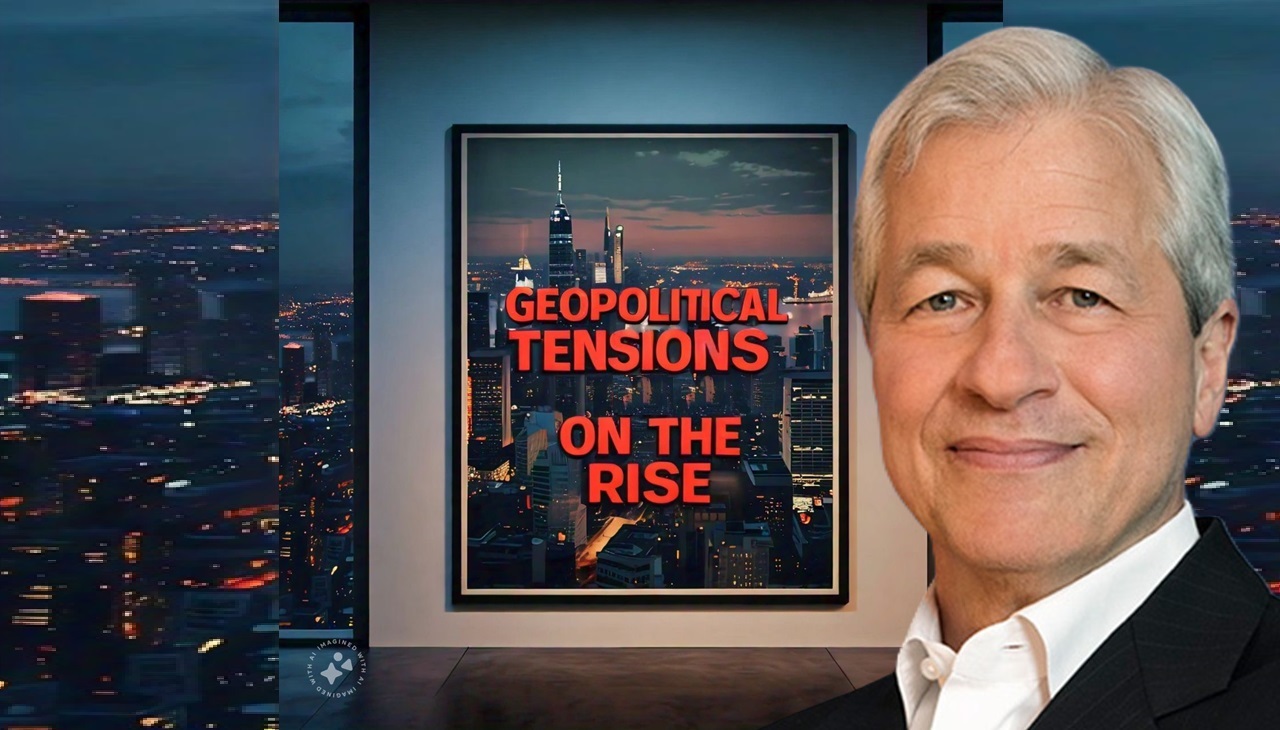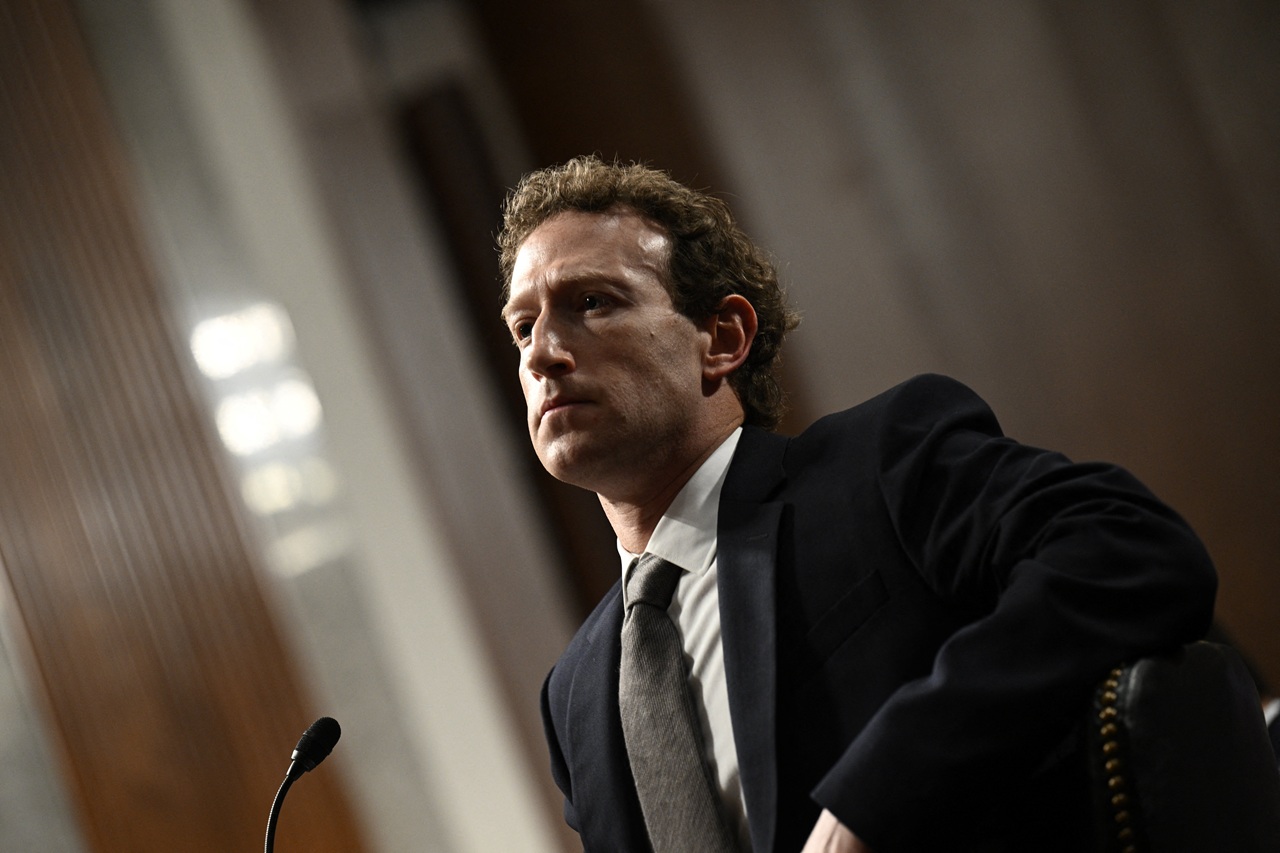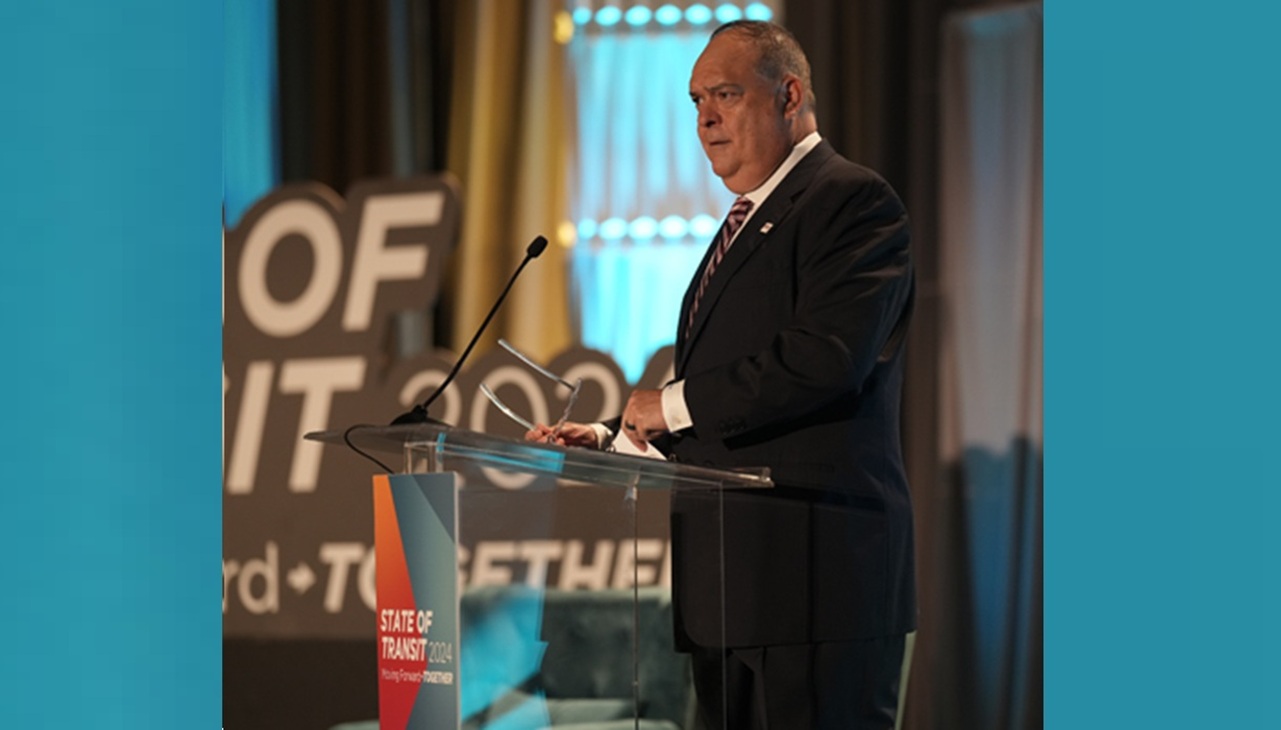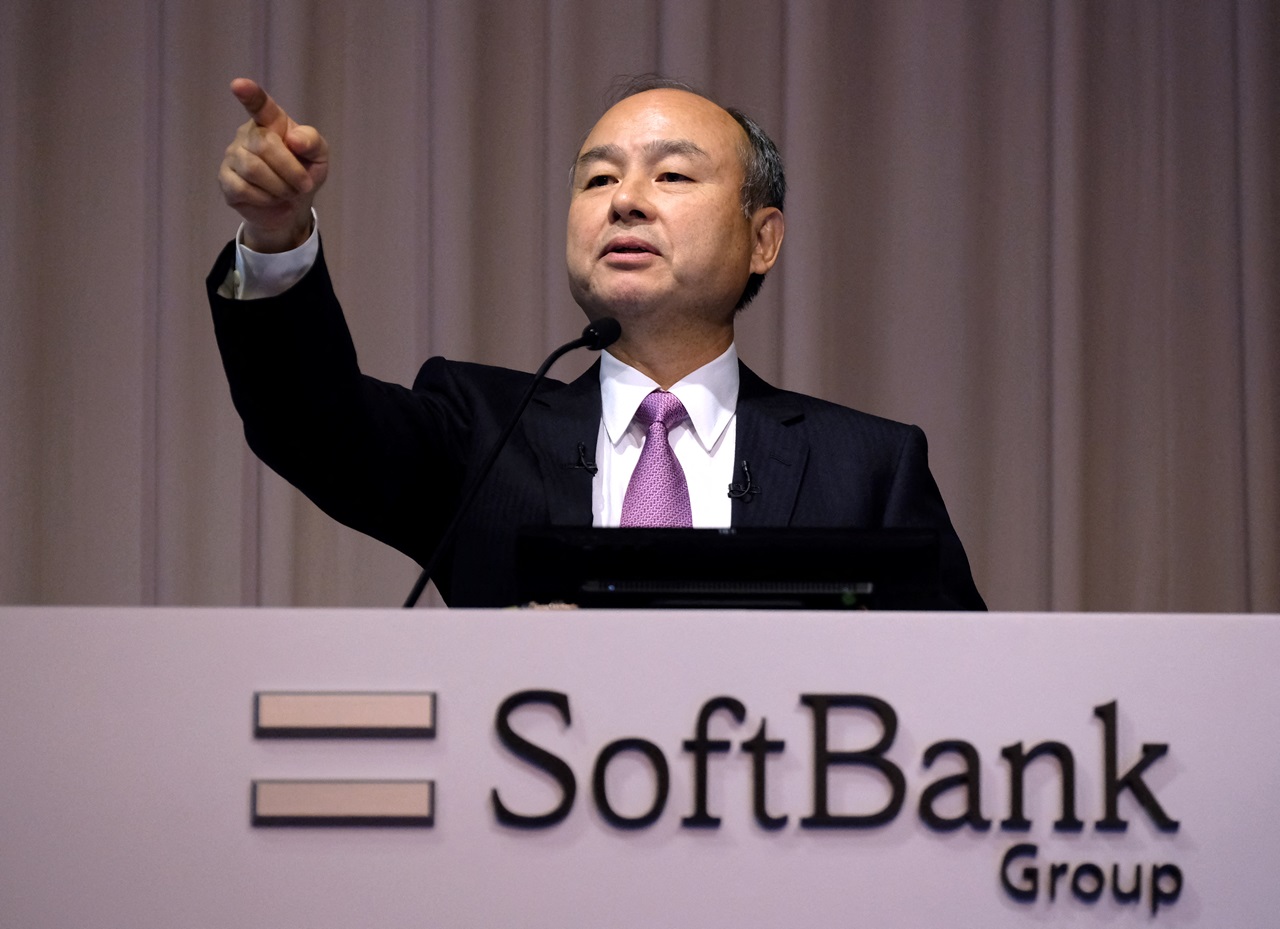
Jamie Dimon's geopolitical concerns
If the world wants to move forward in an era of prosperity, it will have to look beyond interest rates and seek better geopolitical conditions. There are many risks looming over the planet today on this front and many of them involve great sensitivities and, if they materialize, they would probably have deep and short-term impacts on different sectors.
This is how JP Morgan's CEO, Jamie Dimon, sees it, who was recently in India, during an event organized by his company that has operations in this country.
The interview was given to the CNBC network and left statements like this: “Geopolitics is getting worse, they are not getting better. There is chance for accidents in energy supply. God knows if other countries get involved. You have a lot of war taking place right now.”
Dimon refers to the conflict fronts between Russia and Ukraine, the Middle East, with new tensions coming from the Red Sea, as there is expectation about the position that Iraq and Syria will take because of the Israeli offensive.
“I’m a long-term optimist, but in the short run, I’m also more skeptical of other people that say everything [is] going to be great. Markets are pricing things like they’re going to be great. Put me on the cautious side of that one,” he said during the interview that was reported by the CNBC website.
CONTENIDO RELACIONADO
While the world's economic authorities remain concerned about inflation, employment and the ability of their productive apparatus to react, it is clear that greater conflicts could put us once again before an uncertain scenario.
The decisions that could pave the way for better growth in the coming years have been taken. For example, the United States and China reduced their interest rates last week, thus opening up space for relief in the financial burdens of households and companies. However, as Dimion points out, it is no longer just about economic policy, but geopolitics, which could scupper any signs of recovery.
It is worth remembering the enormous impact that the war in Ukraine had at the beginning and that it meant an obstacle to the supply of energy in Europe and raw materials in the rest of the world.
The points that Dimon raises are key: energy, logistics and transport are some of the aspects that could once again put the planet in jeopardy. Geopolitical Red Alert.










DEJE UN COMENTARIO:
¡Únete a la discusión! Deja un comentario.